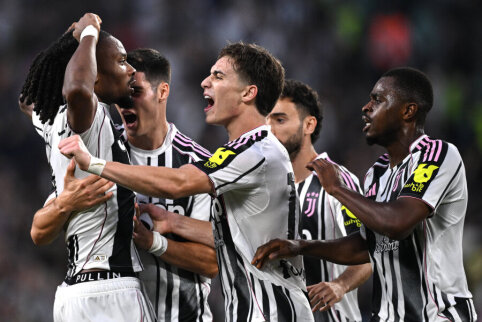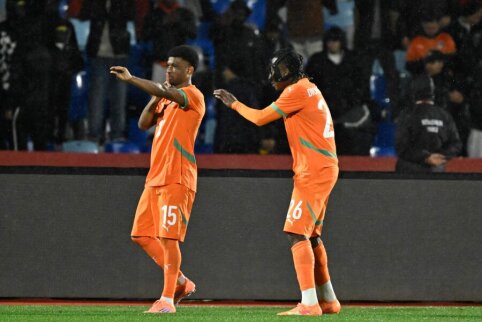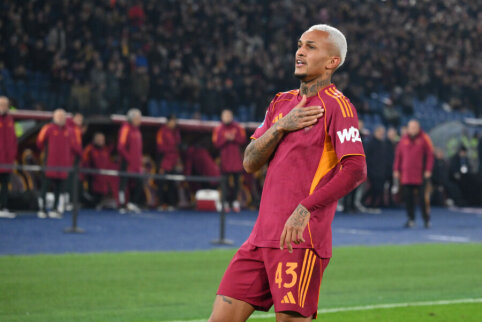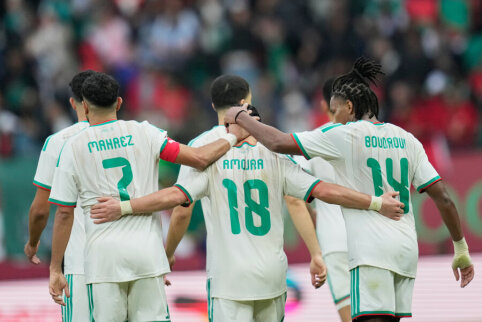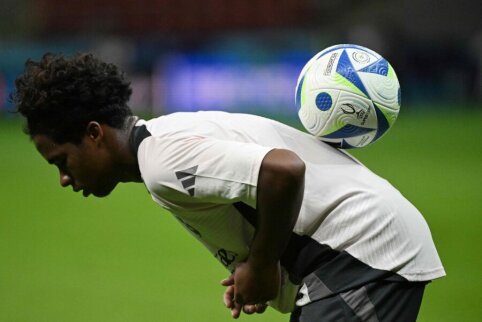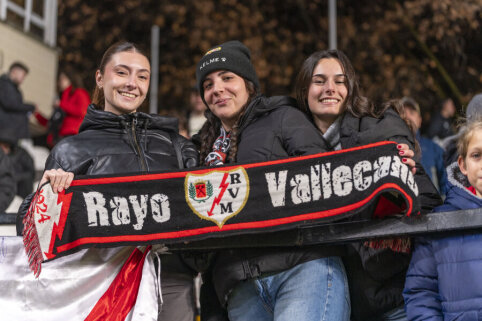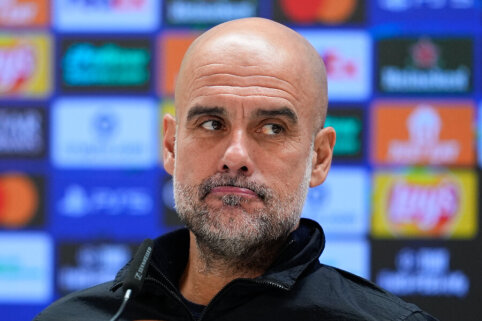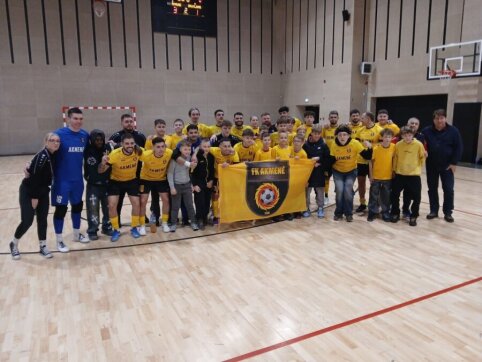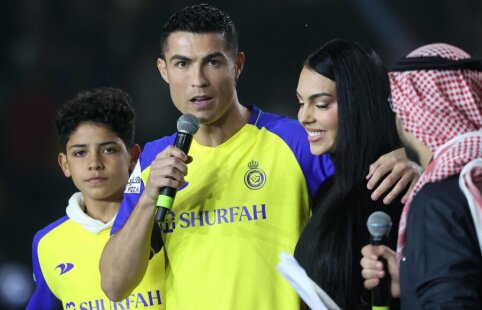 © EuroFootball.com
© EuroFootball.com
Today, on June 15th, the seventh Confederations Cup tournament kicks off in Germany, where the World Champion Brazil and the host Germany will compete with the strongest national teams from six continents for the winner's trophy.
The tournament, which first appeared in 1992, was initially called the King Fahd Cup and took place in Saudi Arabia for the first three times. The first cup was won by Argentina, the second after three years was won by Denmark, and two years later, after changing its name to the Confederations Cup, Brazil emerged as the winner. The tournament took place in Mexico in 1999 and was won by the hosts, and in 2001 and 2003, respectively in Korea/Japan and France, the French team triumphed twice.
The Confederations Cup was created to fill the "empty" summer between the European and World Championships, promote brotherhood among nations from different parts of the world, and fill FIFA's pockets. Despite that, for a long time, club coaches and managers criticized this idea, arguing that it puts even more strain on the players. However, this year, those talks seem to have quieted down, and national team coaches started taking the tournament more seriously.
Until now, the Confederations Cup probably never featured such a strong lineup of teams. Apart from the host Germany, for whom this is like a dress rehearsal for the 2006 World Cup, the tournament will also include the World Champion Brazil, European Champion Greece, African Cup of Nations winner Tunisia, CONCACAF Gold Cup winner Mexico, Asian Cup winner Japan, OFC Nations Cup winner Australia, and Argentina, who finished second in the America's Cup but entered the tournament because Brazil already had a spot there.
The eight participating teams are divided into two groups: in Group A, the host Germany will play against Argentina, Tunisia, and Australia, while in Group B, Brazil will face Greece, Japan, and Mexico. In the group stage, each team will play against each other within a week, and on June 25-26, the two best teams from both groups will meet in the semifinals. The losers of the semifinals will play for third place on June 29, and the winners will compete in the final on the same day.
In the opening matches at 19:00 Lithuanian time, Argentina will play against Tunisia, and at 22:00, Germany will host Australia. The next day, the Group B matches will begin - Japan will play against Mexico from 19:00, and the match between Brazil and Greece will start at 21:45. After the first and second rounds of matches, there will be a one-day break between them, and the group stage will end on June 22nd.
Group A
Argentina (overview)
Australia (overview)
Germany (overview)
Tunisia (overview)
Schedule:
(Day, time, teams, venue)
2005-06-15 19:00 Argentina - Tunisia (Cologne)
2005-06-15 22:00 Germany - Australia (Frankfurt)
2005-06-18 19:00 Tunisia - Germany (Cologne)
2005-06-18 21:45 Australia - Argentina (Nuremberg)
2005-06-21 21:45 Australia - Tunisia (Leipzig)
2005-06-21 21:45 Argentina - Germany (Nuremberg)
Group B
Brazil (overview)
Greece (overview)
Japan (overview)
Mexico (overview)
Schedule:
2005-06-16 19:00 Japan - Mexico (Hanover)
2005-06-16 21:45 Brazil - Greece (Leipzig)
2005-06-19 19:00 Greece - Japan (Frankfurt)
2005-06-19 21:45 Mexico - Brazil (Hanover)
2005-06-22 21:45 Greece - Mexico (Frankfurt)
2005-06-22 21:45 Japan - Brazil (Cologne)
Semifinals
2005-06-25 19:00 Winner Group A - Runner-up Group B (Nuremberg)
2005-06-26 19:00 Winner Group B - Runner-up Group A (Hanover)
For third place
2005-06-29 18:45 Losers of the semifinals (Leipzig)
Final
2005-06-29 21:45 Winners of the semifinals (Frankfurt)
